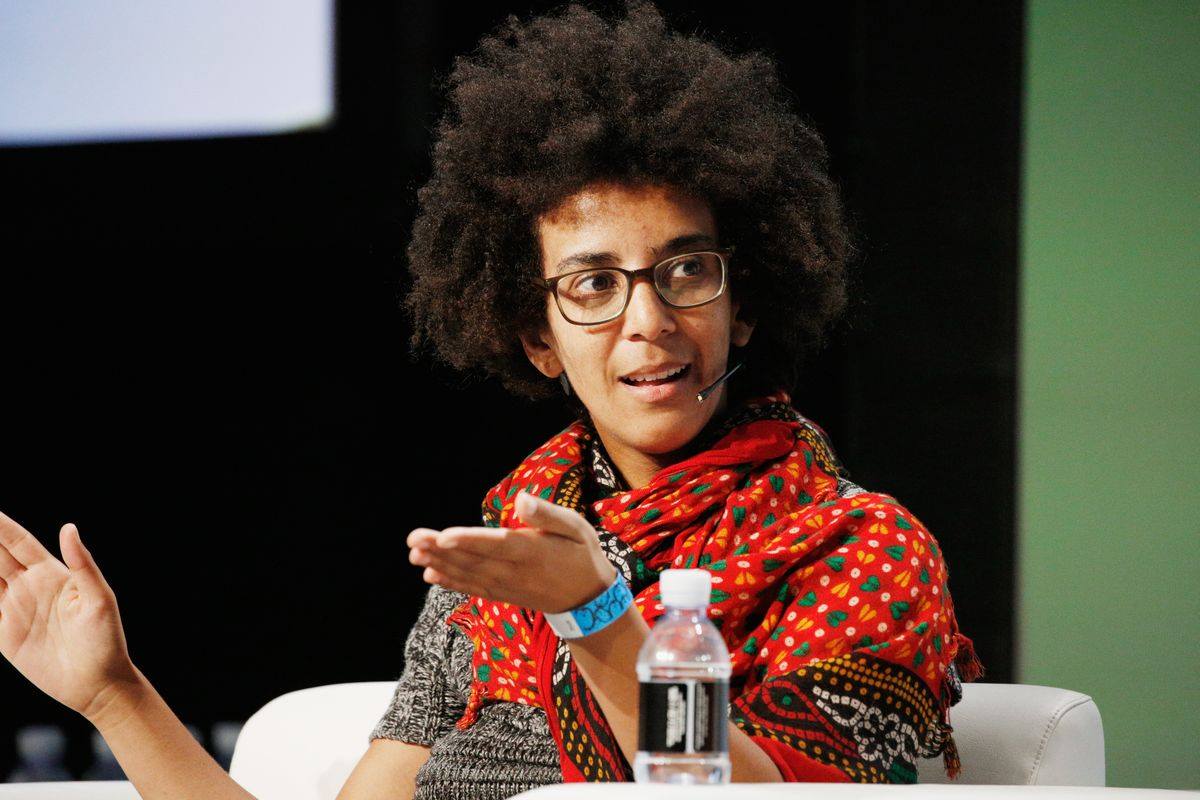
BY STAFF REPORTER
As much as the benefits it provides for Africa, many issues are raised as concerns that need to be improved in order to make the continent benefit more from Artificial Intelligence (AI). Cost, connective, digital skills are among the common ones usually raised. Yet, ethics and fairness also need to be addressed.
The African continent will be forced to face unique challenges with negative AI, indicates ourworld.unu.edu. “Weaker governance structures, transitioning democratic norms, and highly salient ethnic and religious divisions will likely struggle to minimize the damage associated with negative AI. This requires strategies that are inclusive of African researchers and experts who can recognise both threats and opportunities for positive use.”
To curtail the potential for negative AI, a brain trust at the nexus between global, regional, and local governments should seek to establish a common framework for effective governance of internet-enabled technologies. Such a framework should ideally attempt to curtail the malignant use of the internet, data, and AI applications.
In early 2018, Microsoft formally launched its campaign for a Digital Geneva Convention to advance industry and civil society efforts to reduce “the dangers of malicious and escalatory state behavior in cyberspace”.
The African Union Commission in early November 2018 presided over the Seventh Internet Governance Forum on the theme of “Development of the Digital Economy and Emerging Technologies in Africa”.
This forum focused on several key areas, including protecting human rights while harnessing the potential of internet-enabled economies, according to ourworld.unu.
Most significantly in 2018 the Paris Call specifically identifies several target areas for governance including protecting the integrity of the internet, preventing interference in electoral processes, and clamping down on “online mercenary activities and offensive action by non-state actors”.
Dr. Timnit Gebru stands as one of the leading AI researchers confronting the formidable challenges Africans would face due to negative AI. The Ethiopian Born American researcher in AI, Dr. Timnit’s ground breaking research on the impacts of AI on people of color as well as women has become a point of contention leading to her suspension.
Gebru worked at Google on the ethics of artificial intelligence. She studied the implications of artificial intelligence, looking to improve the ability of technology to do social good.
In 2017, Gebru spoke on the Fairness and Transparency conference, where MIT Technology Review interviewed her about biases that exist in AI systems and how adding diversity in AI teams can fix that issue.
Responding to a question “How does the lack of diversity distort artificial intelligence and specifically computer vision?” Timnit pointed out that there are biases that exist in the software developers.
Timnit is known for coauthoring a groundbreaking paper that showed facial recognition to be less accurate at identifying women and people of color, which means its use can end up discriminating against them.
CNN business report indicates that Timnit is known for her research into bias and inequality in AI, and in particular for a 2018 paper she coauthored with Joy Buolamwini that highlighted how poorly commercial facial-recognition software fared when attempting to classify women and people of color. Their work sparked widespread awareness of issues common in AI today, particularly when the technology is tasked with identifying anything about human beings.
These have grown increasingly popular-and increasingly large-in the last three years. They are now extraordinarily good, under the right conditions, at producing what looks like convincing, meaningful new text-and sometimes at estimating meaning from language. But, says the introduction to the paper, “We ask whether enough thought has been put into the potential risks associated with developing them and strategies to mitigate these risks.”
The Ethiopian herald December 8/2020





